U.S. law provides for an EB-4 visa category for some “special immigrants.” The following types of persons are eligible for an EB-4 visa:
- Religious Workers
- Broadcasters
- Iraqi/Afghan Translators
- Iraqis Who Have Assisted the United States
- International Organization Employees
- Physicians
- Armed Forces Members
- Panama Canal Zone Employees
- Retired NATO-6 employees
- Spouses and Children of Deceased NATO-6 employees
To petition for an EB-4 visa, an employer must file a Form I-360, Petition for Amerasian, Widow(er), or Special Immigrant. Despite this, in some instances a person may self-petition on their own behalf. In addition to the principal beneficiary, an accompanying spouse may also be included in the petition. Children, unmarried under the age of 21, may also be included.





